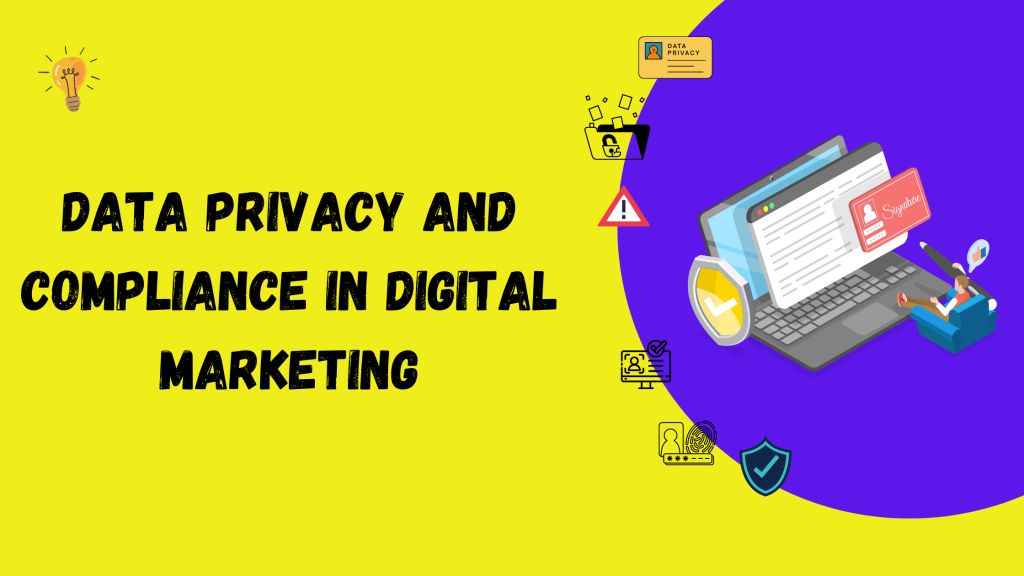
Marketing depends heavily on data or information. Information can be about a product or service, customer information, competitor information, etc. Nearly all websites track your data. Every move you make on the digital landscape is tracked. Marketers benefit from demographic data as well as behavior data and preferences.
However as people became aware, they are now anxious about their security and privacy. Earlier there was freedom to use this information but now new restrictive measures and guidelines have been put up and you can only use the data that the audience allows you to track.
Data is important for marketers as it helps in creating personalized marketing campaigns, targeting audiences, improving customer experience, increasing sales, and growing business. However, marketers should be responsible for handling this data. They should value customers’ privacy and information. In this blog, we’ll discuss the importance of data privacy in digital marketing, the risks, and the future of data privacy.
What is data privacy in digital marketing?
Data privacy in digital marketing refers to safeguarding the data or information of the customers that businesses collect during their marketing activities. This data could include name, email address, mobile number, profession, preferences, buyer behavior, etc. Businesses use this data for their marketing activities. Businesses now have strong regulations and guidelines regarding data privacy and safeguarding customer’s personal information from third parties. Some businesses even give the freedom to customers to disable cookies.
Why is data privacy important for marketers

Without data digital marketing can’t operate and grow. Data is essential for businesses. Here are some of the reasons why data privacy is important for marketers
- Store customer data: Once you have collected the data it is important to protect that data from third parties and unauthorized access from the internal team. To do so encryption and firewalls are needed so that only people who have access to the data can use it. In the UK and EU, there are GDPR laws. This is the General Data Protection Regulation, it governs the use to which data can be used for. Similarly, each country has its own set of rules.
- Improve marketing efforts: Data enhances your marketing efforts. You can create more targeted ads and posts. When you follow a set of rules regarding the data, customers will let you use the data. This data can then be used for enhancing marketing campaigns.
- Increase user experience: Some users are willing to sacrifice their basic information for the sake of a personalized and better user experience.
- Builds trust: 86% of US customers say data privacy is a growing concern and 40% don’t trust companies that they use their data ethically. Hence if you build confidence in your customers regarding data privacy and have strict norms regarding data, they will trust you more as compared to your competitors.
- Build the brand’s reputation: Having strong data regulations and norms creates a strong and positive brand image. Compliance with industry and the country’s rules and regulations creates a positive reputation.
- Protect data from fraud: Following strong data privacy rules safeguard your customers as well as your data from fraud third parties.
- Highlight customer’s wants: By studying this data you can create a personalized marketing campaign for users to enhance user experience and fulfill customer’s wants and needs. If you collect and use this data ethically and transparently, then it builds a positive user experience and encourages brand loyalty.
- Predicting trends: This data helps you in predicting future trends. It also helps in predicting the future of data privacy. By prioritizing data privacy, companies can predict future regulatory changes and prepare before time to deal with them.
- Competitive advantage: Customers nowadays do not trust companies with their personal information. Employing strong regulatory measures can build trust in customers and they might choose you over competitors.
- Respecting ethical norms and standards: Protecting the personal data of the customer is an ethical issue. It is the responsibility of the company to protect this data and create an organized transparent process. Ask users before using their data and ensure them about data protection.
- Security Risks: It reduces the potential security risks as you are already protected against such risks.
- Regulatory compliance: Data privacy regulations such as the General Data Protection Regulation (GDPR) in the European Union and the California Consumer Privacy Act (CCPA) in the United States, require businesses to obtain consent before obtaining and using personal data. They also order companies to create strong security measures to protect customer data. Non-compliance can result in fines and legal action.
How to comply with data privacy
There are many ways in which companies can protect the data or comply with data privacy
- Update privacy policy: Create a clear process for data collection and its use. Regularly check this policy and its implementation. With time keep changing it according to the changes in the industry.
- Permission: Permit customers to allow you to use their data. Let them decide which data you should use and to what extent.
- Clean email list: Many marketers obtain customer’s email addresses. They should protect their email addresses from third parties. Email addresses bear the risk of getting leaked. Hence it is the responsibility of the company to protect this data and maintain, check, and clear the email list.
- Use Data Relationship Management: DRM helps companies in protecting data. It fixes the human errors.
- Ethical awareness: Inform the users about how their data will be used and the source of data collection. Give them the power to decide what data will be used and how.
- Data visibility: Encourage the control of data visibility. Only those who have access to the data should be able to check the data. Control the visibility of the data.
- Use a VPN: If you work with data and have the authority to use it then you should always use VPN on all your devices. When you keep VPN apps active you encrypt data and hide client information.
- Give power to customers for opt-in and opt-out: Give the choice and power to the customers to opt-in and opt-out anytime they want to. If they want to withdraw their data after some time, respect their decision and let them opt out.
- Monitor third-party providers: Many companies use third-party providers for email marketing, data analytics, marketing campaigns, etc. It is the responsibility of the company to monitor and keep a check on these third-party providers so that they don’t misuse or sell the data.
- Build strong data regulation norms: Maintain a strong data regulation policy. Value the consent of users. Train your employees and conduct data audits regularly. Have a data breach policy or plan ready so that you can combat it easily whenever such a situation arises.
What are the risks of data privacy?

No matter how strong data privacy measures you have taken, It always bears a risk. Here are some of the potential risks that data privacy is subjected to
- Phishing emails: It is a common method of attack. So you hire an IT professional or use an online tool to recognize such emails and flag them
- Unintentional sharing: We all make mistakes, and someone unintentionally shares the data. So create strong passwords and protocols. Make sure the process of sharing is not easy.
- Ransomware: Have strong protocols regarding who uses, and upgrades software. Have a strong firewall against ransomware.
- Bribery: Many times your company’s employees can fall prey to bribery. They can sell the data for money or in kind. So make sure you implement strong laws for data protection and take legal action against such staff members.
- Data loss due to cloud migration: Your data can get erased or removed during the cloud migration. Have a backup up file of your database.
Future of data privacy
These can be the future trends in data privacy
- Legislative predictions: We can expect more powerful laws related to data protection and regulation.
- Technological Innovation: Improvement in technology can offer new ways to protect, monitor and store data.
- Customers: Customers are becoming more aware of their rights and privacy. Their expectation and needs will be a major element in shaping the data privacy strategy.
- Technology: Emerging technologies such as AI, and machine learning will continue to offer new ways to protect data and make the process transparent.
- Privacy First: As the latest trends are emerging in the market, we can expect a shift wherein marketing strategies will be focused on data privacy. Creating Privacy privacy-first marketing strategy can be a future trend.
- Ethical data use: Ethical consideration will gain more momentum in the future. More companies will ensure that data privacy is their ethical responsibility.
- Regulatory change: The regulatory landscape is also changing with time. We can expect more stronger regulations in the future.
Conclusion
We have understood why data privacy in digital marketing is important. It is important to implement a strong privacy policy while initiating marketing activities. We can comply with data privacy by regularly updating policy, allowing customers permission, cleaning email lists, using data relationship management, reducing data visibility, giving power to customers, monitoring third-party providers, and complying with government acts, etc.
In case you’re struggling with this, we at Lumia 360 can help you. Our web designing and digital marketing strategies comply with data privacy. We use reliable technologies and our staff is well trained. We cater to small-scale as well as large enterprises. To know more email us at info@lumia360.com or call us at +1 (514) 668 – 5599
Read Also: Identifying and Responding to Fake Reviews
Read Also: Building a Positive Online Reputation






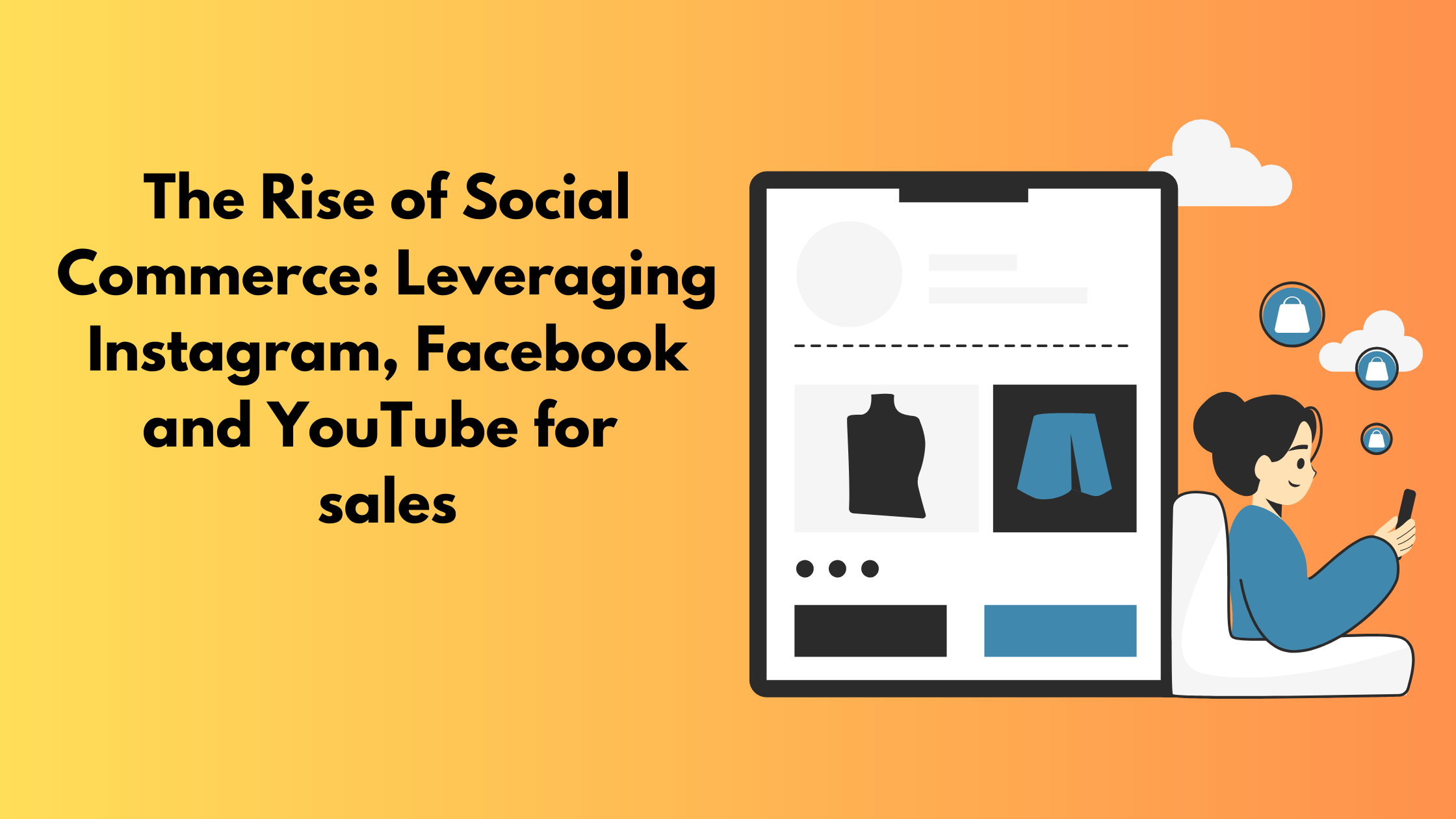




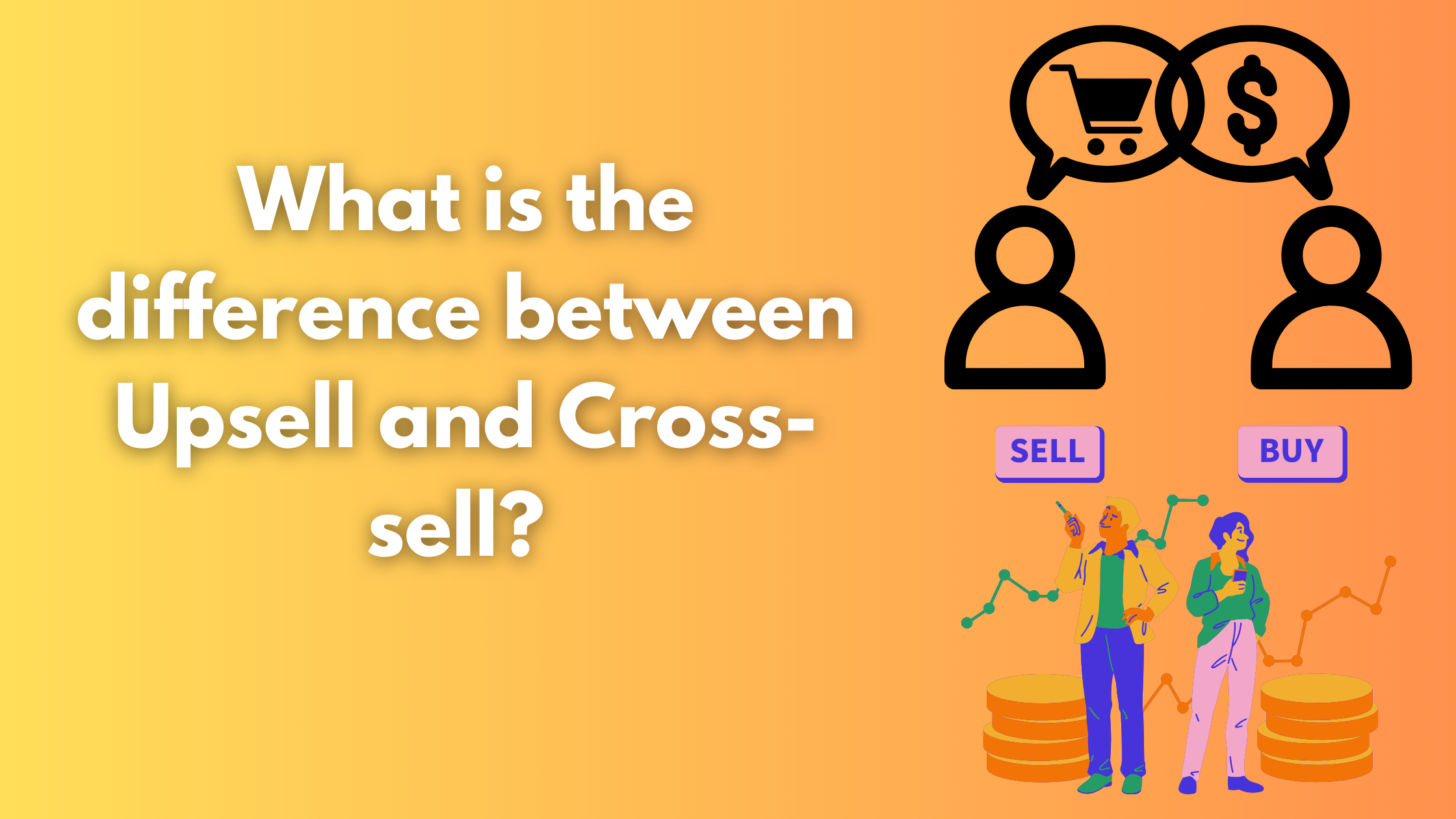



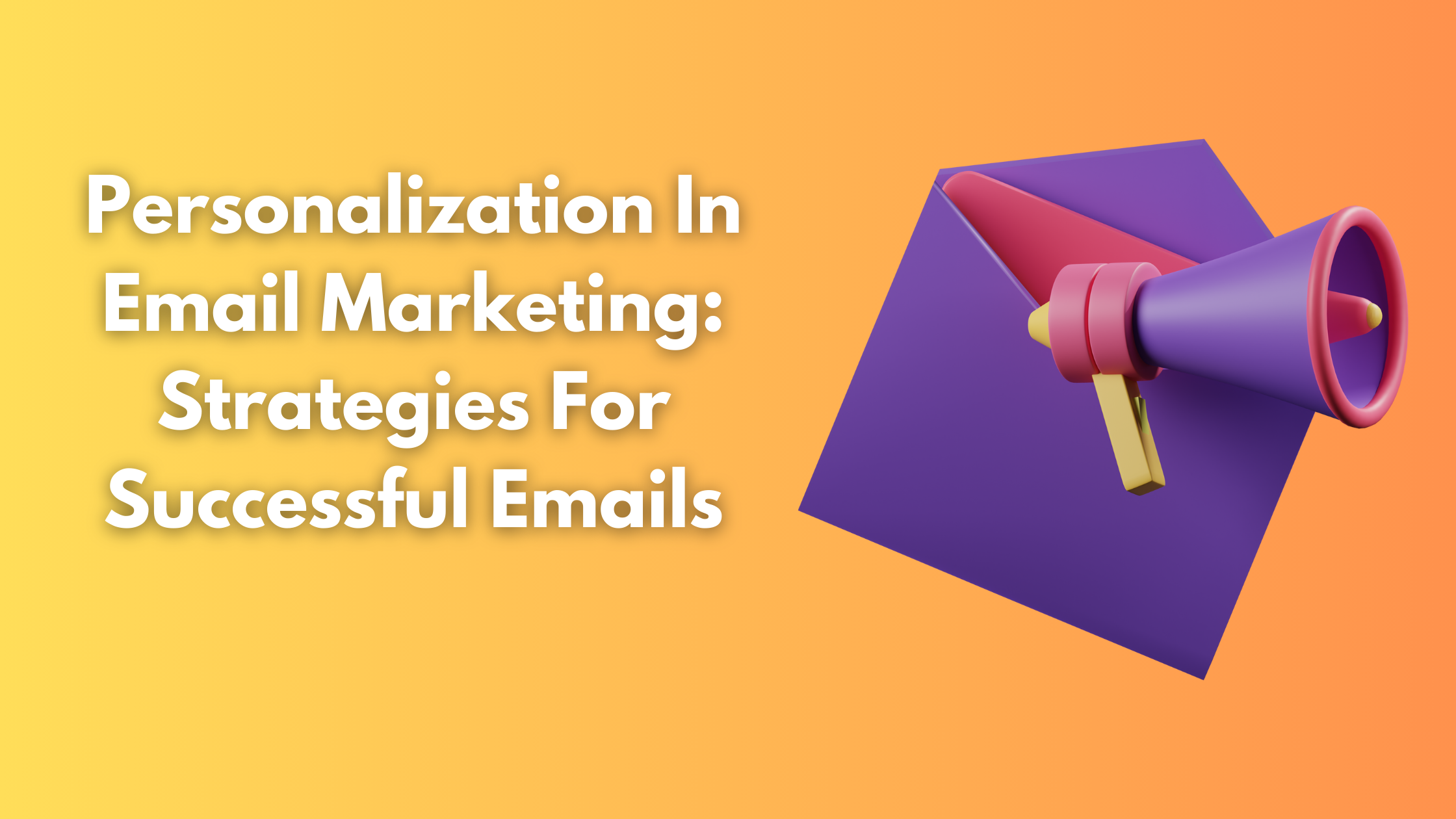









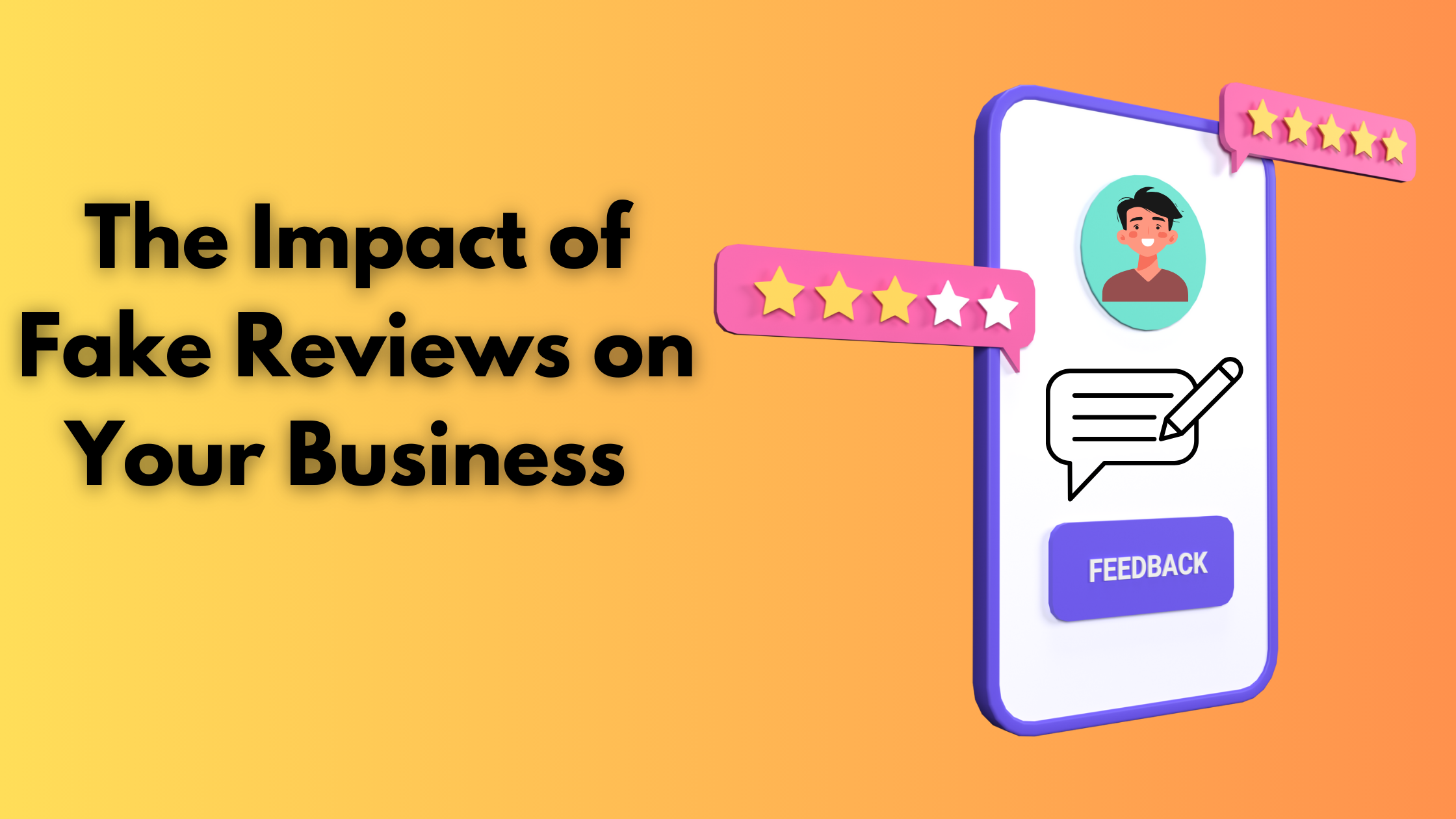





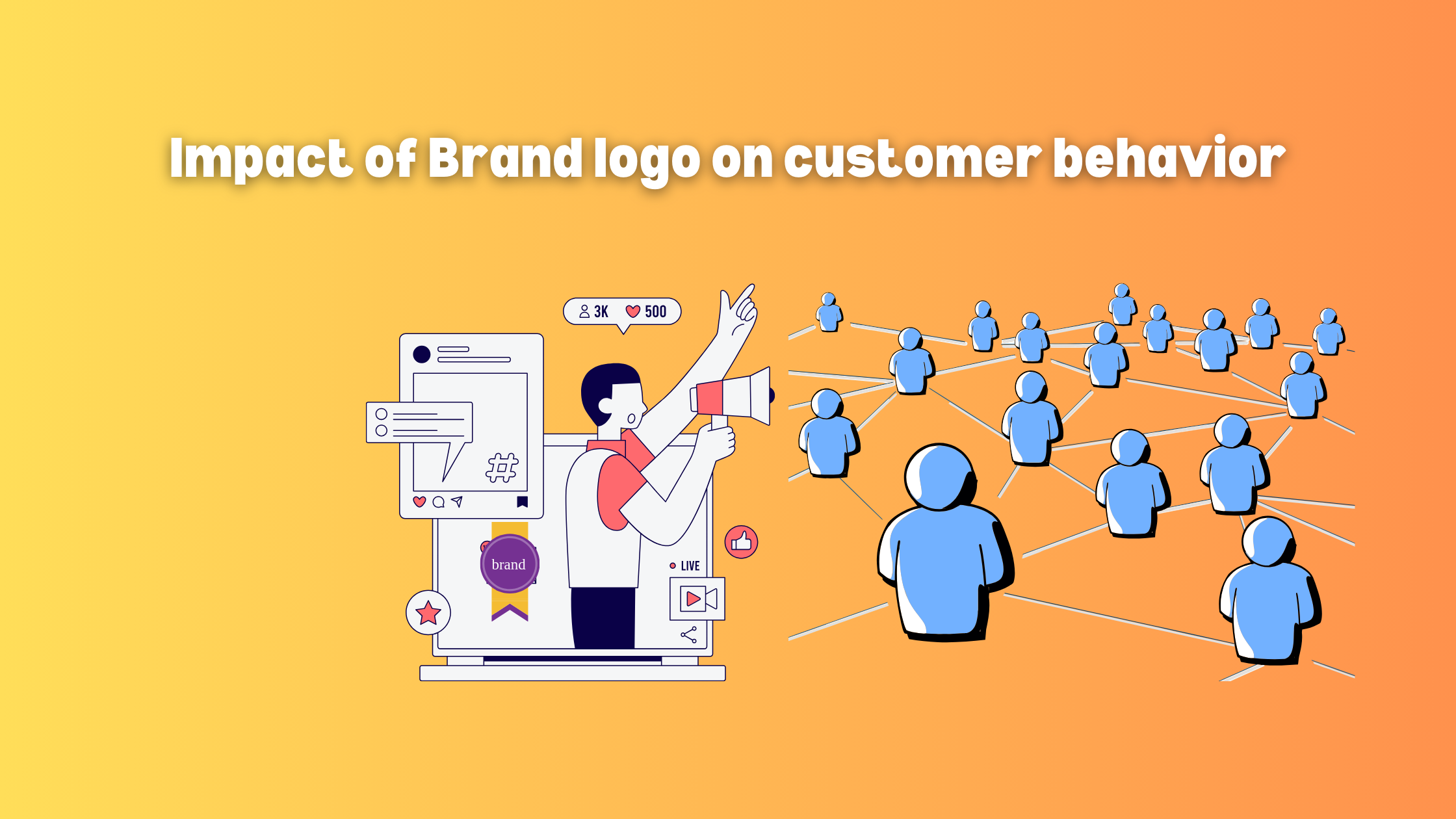

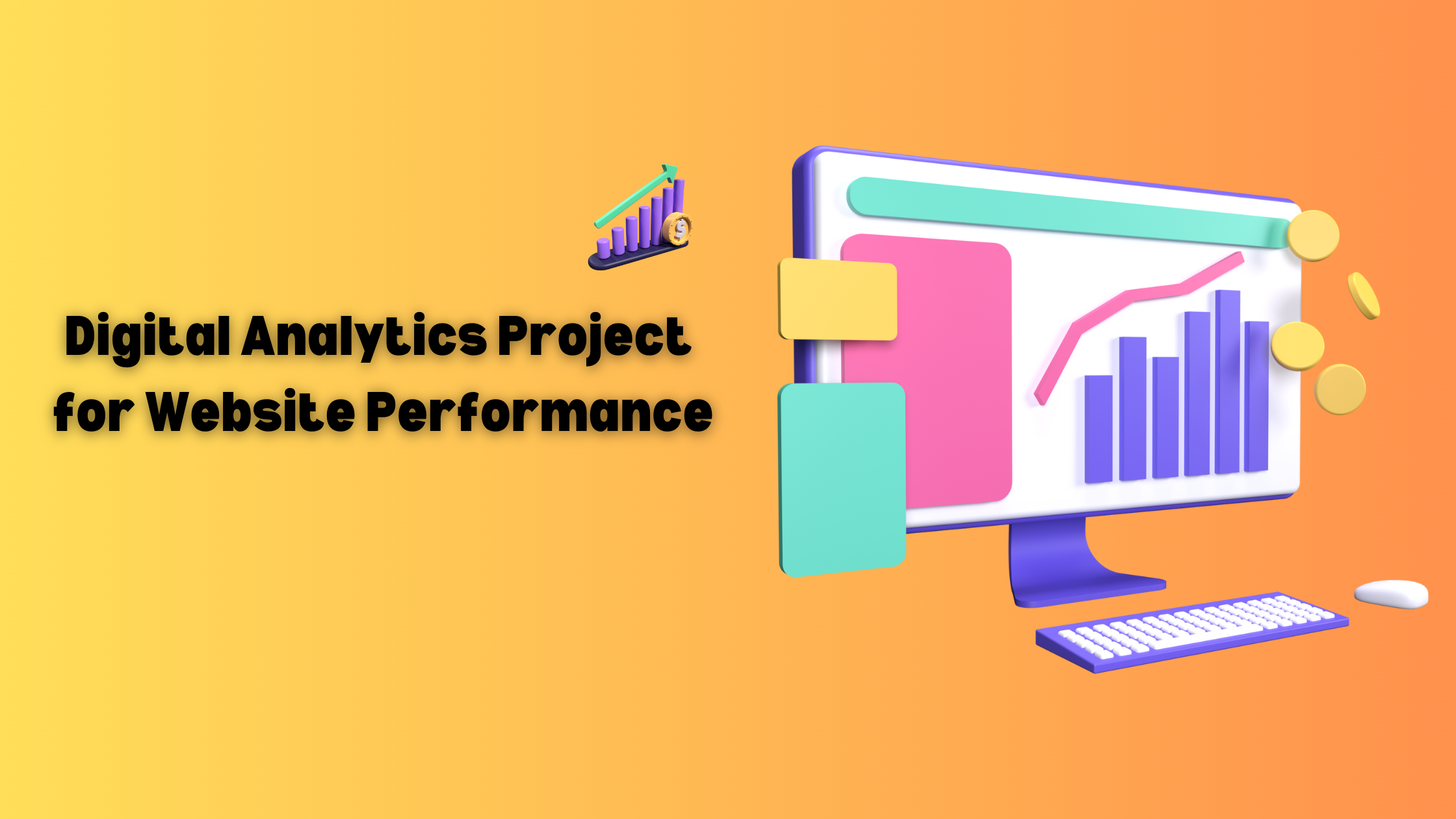






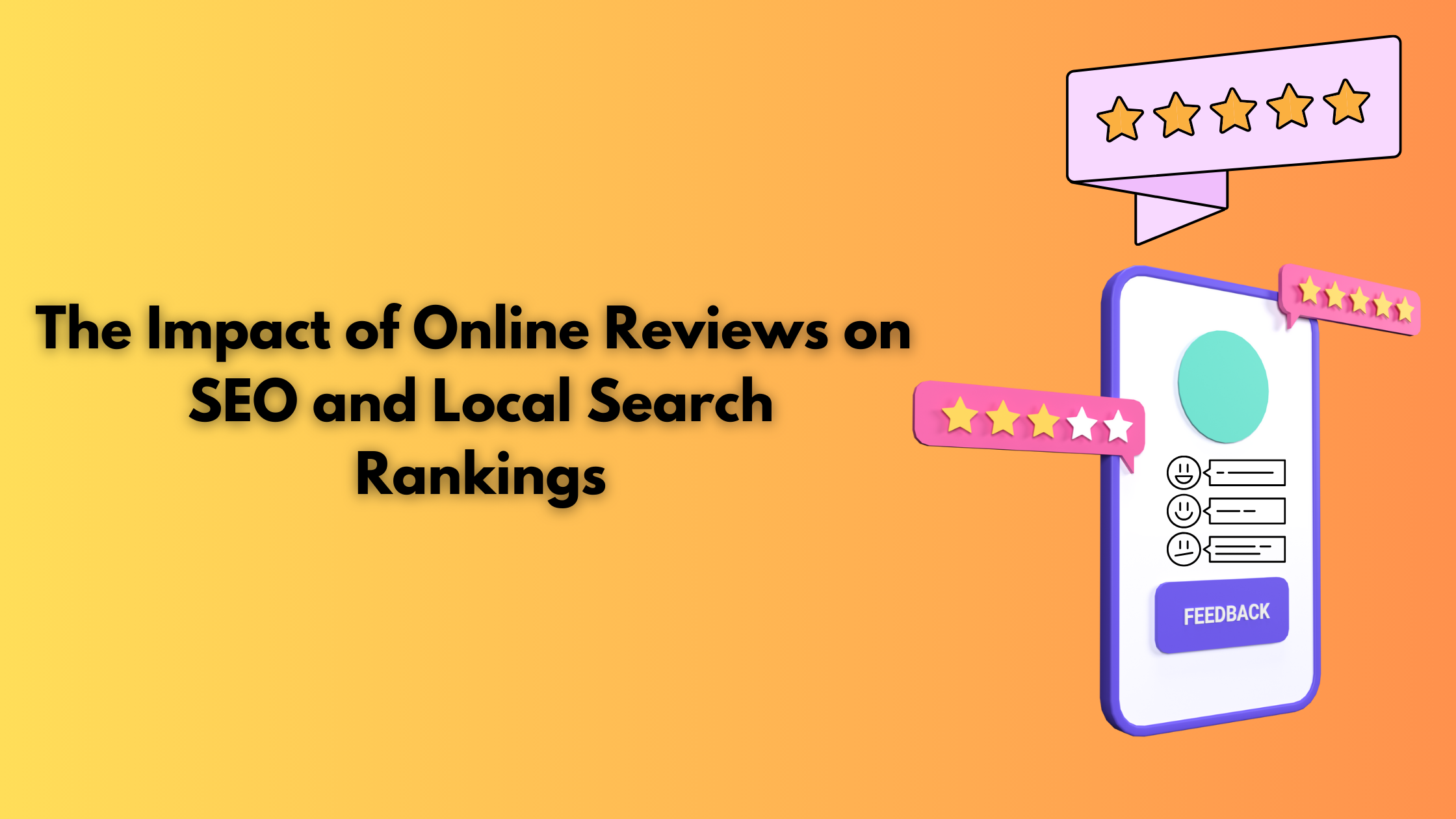






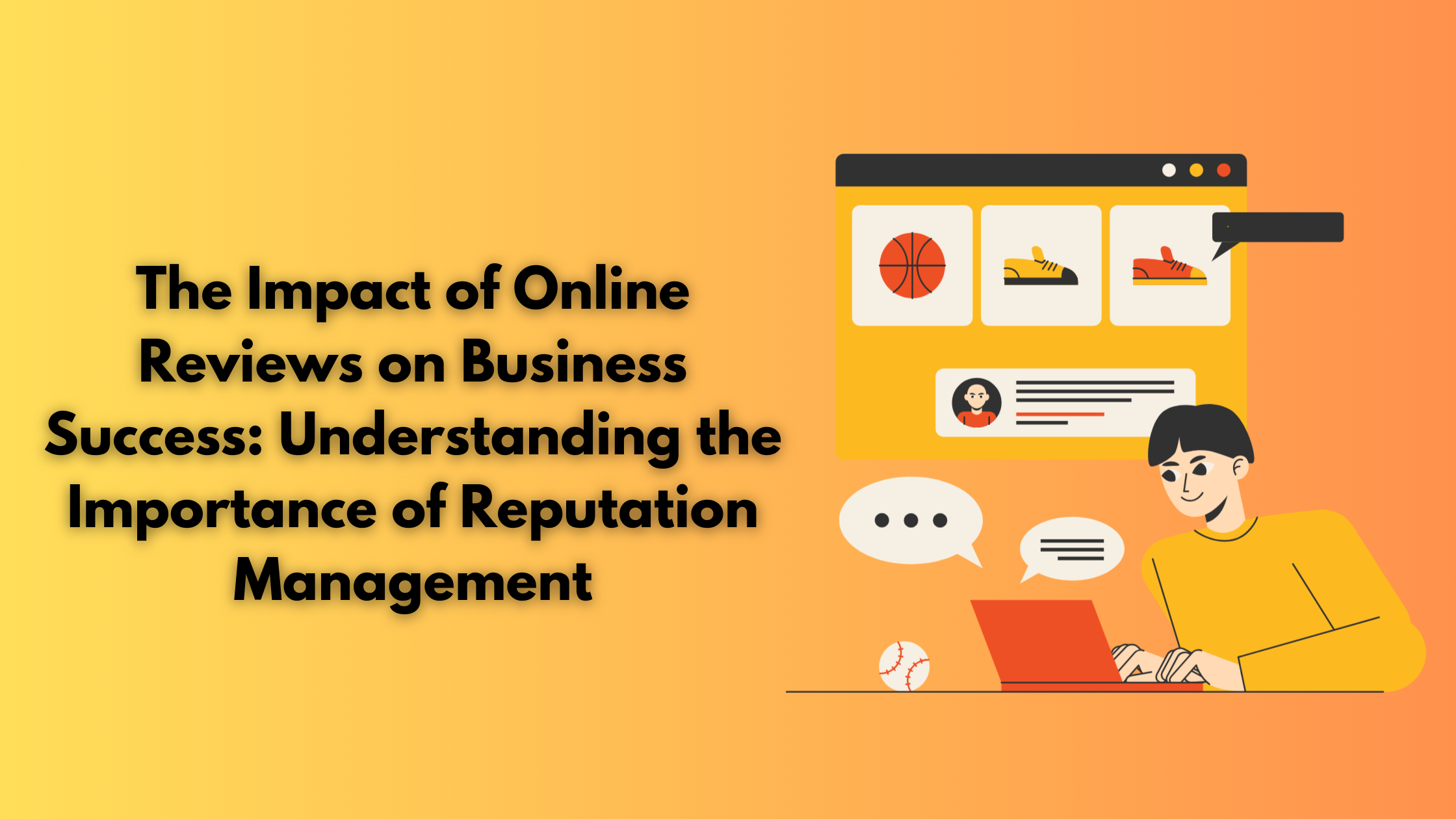






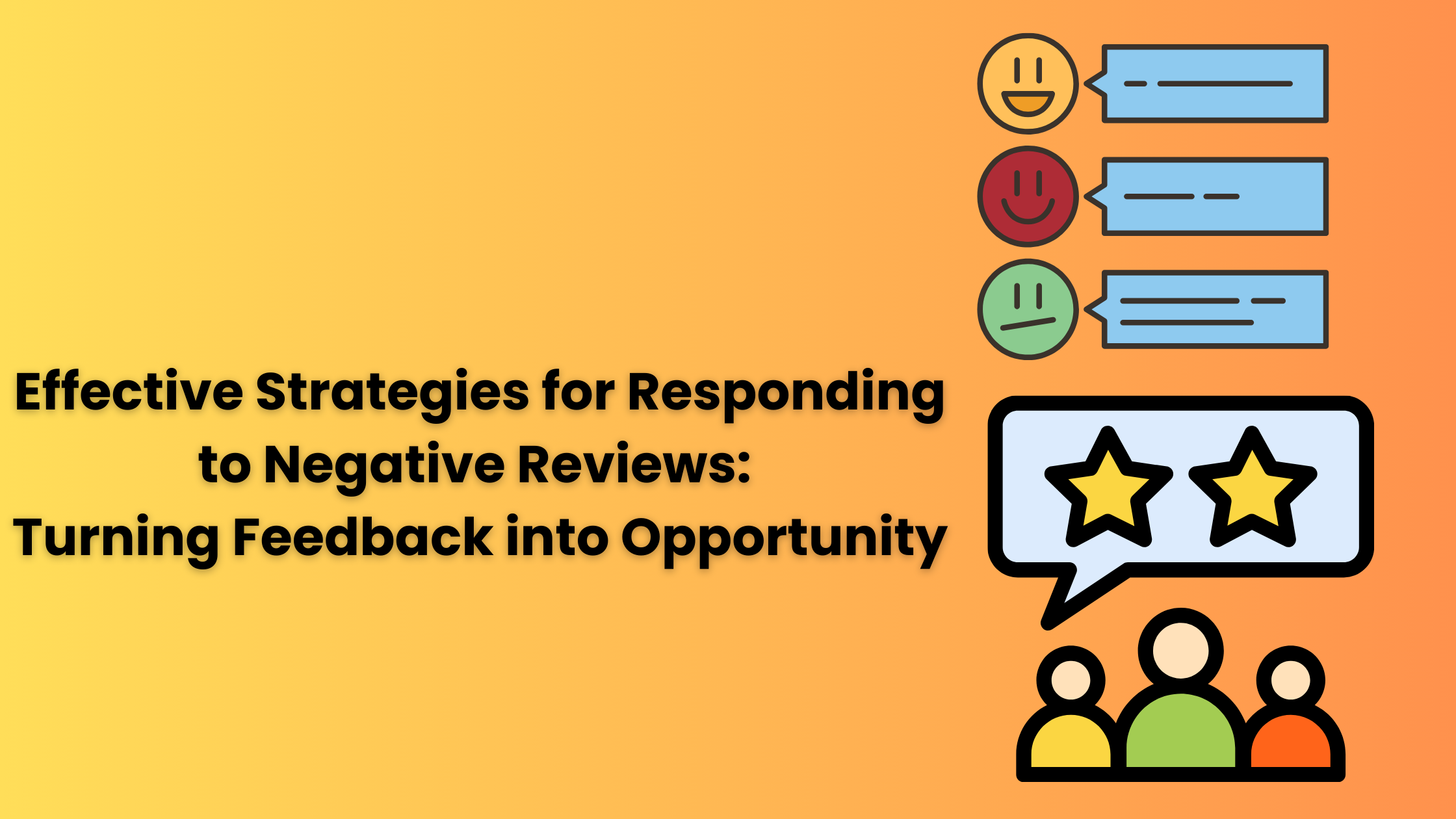




























1 Comment
Your comment is awaiting moderation.
70918248
References:
best place to buy anabolic steroids
[…] Read Also: Data Privacy and Compliance in Digital Marketing […]